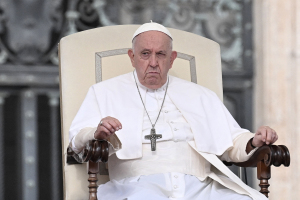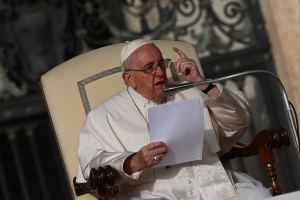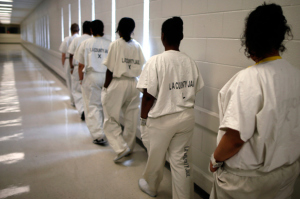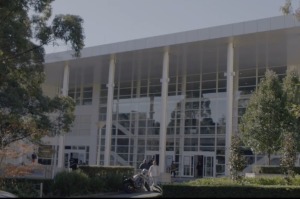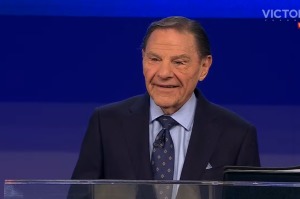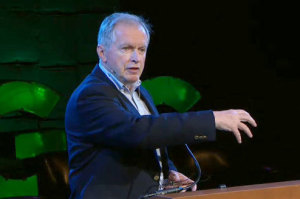Reformed Theologians Draft Manifesto Ahead of Merger
A panel of pastors and theologians recently approved text that will serve as a manifesto for the new World Communion of Reformed Churches.
The international group concluded on Monday a consultation in Cartigny, Switzerland, where they moved ahead with a manifesto calling for a clear commitment to church unity as the basis for joint action on economic and ecological justice concerns.
The document is in effect a theological manifesto, according to Ofelia Ortega of the Presbyterian Reformed Church in Cuba, who chaired the consultation. It will be presented at a meeting in June 2010 when the merger between the World Alliance of Reformed Churches and the Reformed Ecumenical Council is expected to be formally approved. Together they are forming the WCRC.
Over the last year, regional consultations have been held in preparation for the 2010 Uniting General Council, which will be held in Grand Rapids, Mich. Theologians have been discussing the biblical and theological basis of the churches' work and the reformed tradition to draft a manifesto. The two Reformed bodies have traditionally represented differing theological perspectives on the role of churches in society.
"It is clear that in order for churches to work together, they must understand and respect each other's theology," said Douwe Visser of the World Alliance of Reformed Churches, which organized the recent consultation, according to a statement Tuesday. "At the same time, in order to act responsibly on justice concerns, we must have a solid understanding of theology."
"Each regional group identified a clear link between church union – or 'communion' as we call it – and action on issues such as gender equality, protection of the environment and a more just economic system," Visser explained. "We believe this understanding must be foundational to WCRC."
Despite the diversity of theological perspectives among participants in the regional consultations, Visser said the two Reformed church movements had a lot in common, which thus served as a "strong impulse for moving forward."
The proposal for a merger was introduced in 2006 and approved by the executive committees of the two bodies in 2007. In 2008, a draft constitution and preliminary plans were affirmed. The merger was prompted by a desire to unite and strengthen their common witness and to collaborate on church initiatives, especially in the areas of economic rights of vulnerable peoples and the sustainable use of natural resources.
The World Alliance of Reformed Churches represents 75 million members while the Reformed Ecumenical Council represents 12 million.
















